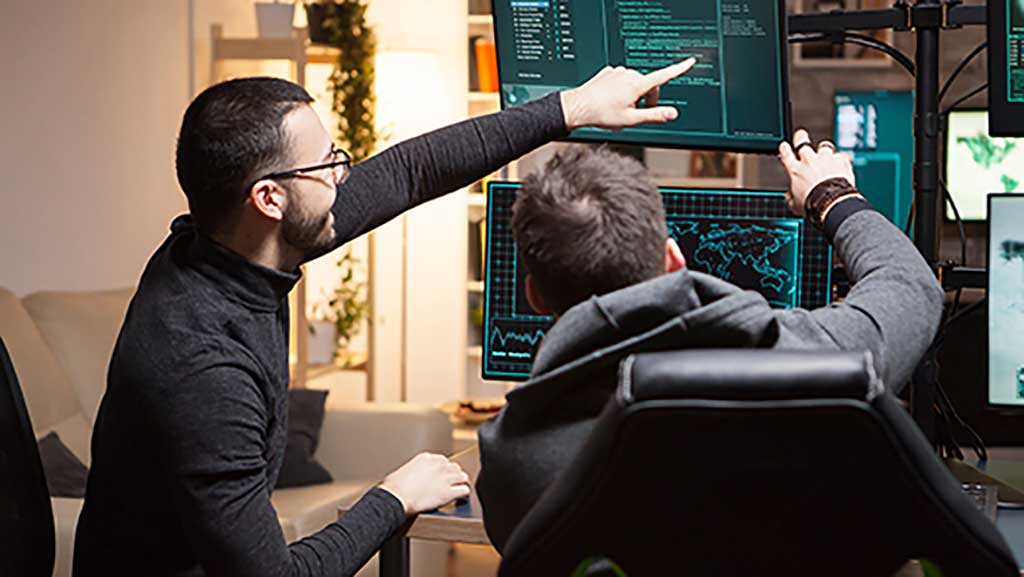Are you embracing AI or worried about its impact?

There’s no denying it – Artificial Intelligence (AI) has well and truly entered the mainstream. From voice assistants in our kitchens to algorithms deciding what we see online, AI is reshaping our daily lives in ways that were science fiction just a decade ago. But with this rapid progress comes a fundamental question we each need to answer: Are we embracing AI with open arms, or are we silently anxious about its consequences?
As an educator, professional, and everyday human navigating this tech-saturated world, I’ve wrestled with this question more than once. Let’s explore both sides of the coin.
The exciting promise of AI
AI has the potential to transform our world for the better. In healthcare, it’s helping diagnose diseases earlier and with greater accuracy. In education, AI-powered tools are making learning more personalised, adaptive, and inclusive. And in business, AI streamlines operations, uncovers patterns humans might miss, and powers innovations that would otherwise remain dormant.
Let’s take a simple example: chatbots. For many organisations, especially small businesses or service providers, AI-powered chatbots have been a game changer. They reduce wait times, answer routine queries, and free up human staff for more complex or emotional customer service. As a customer, I appreciate the efficiency. As a worker, I appreciate the potential for fewer repetitive tasks.
Even in my own field, I’ve seen AI support creativity, not replace it. Tools like ChatGPT, DALL·E and Midjourney can assist with writing, brainstorming, and visual prototyping. They don’t do the job for you – but they help you do the job better.

The growing concern: What are we losing?
But here’s the flip side: as AI gets more powerful, many of us are left wondering – what’s the cost?
There’s a legitimate fear around job displacement. Will AI replace my job? Or my colleague’s? Even if I stay employed, will my role be unrecognisably different in a few years? These aren’t abstract concerns – they’re real and present for retail workers, content writers, call centre staff, even lawyers and radiologists.
Then there’s the issue of bias and fairness. AI systems, trained on data sets riddled with historical biases, can perpetuate or even amplify discrimination. Whether it’s in hiring, policing, or lending, we’ve already seen AI make poor decisions when left unchecked.
Another anxiety is the loss of human touch. Are we slowly eroding empathy, nuance, and human judgement by outsourcing decision-making to machines? I sometimes worry about the next generation growing up talking more to Siri than to people. Will we lose our critical thinking skills? Our ability to question, doubt, and reflect?
A middle path: Responsible AI engagement
So where does this leave us?
To me, it’s not a binary choice. We shouldn’t blindly adopt AI just because it’s trendy, nor should we recoil in fear and shut the door. Instead, we need to engage with AI consciously and critically. That means asking:
- How is AI being used in my workplace or industry?
- Am I upskilling in ways that let me work with AI, not against it?
- Do I understand how decisions are being made by AI tools I interact with?
- Is there transparency, accountability, and human oversight in AI processes?
Embracing AI isn’t about surrendering to technology – it’s about staying in control. It’s about understanding enough to question its uses, shape its outcomes, and protect what makes us uniquely human.

Conclusion
If you’re feeling torn between wonder and worry – you’re not alone. I feel it too.
The truth is, AI is neither saviour nor villain. It’s a tool. And like any tool, it reflects the intentions, ethics, and actions of the people who use it.
So rather than ask “Is AI good or bad?”, perhaps the better question is, “How can I play a role in shaping its impact?”
Because when we combine the best of human values – empathy, ethics, curiosity – with the best of AI’s capabilities, that’s when real progress happens.
If you enjoyed this post, share it with your friends and colleagues. Follow our social media pages and stay tuned for more interesting posts. Thank you!






Responses